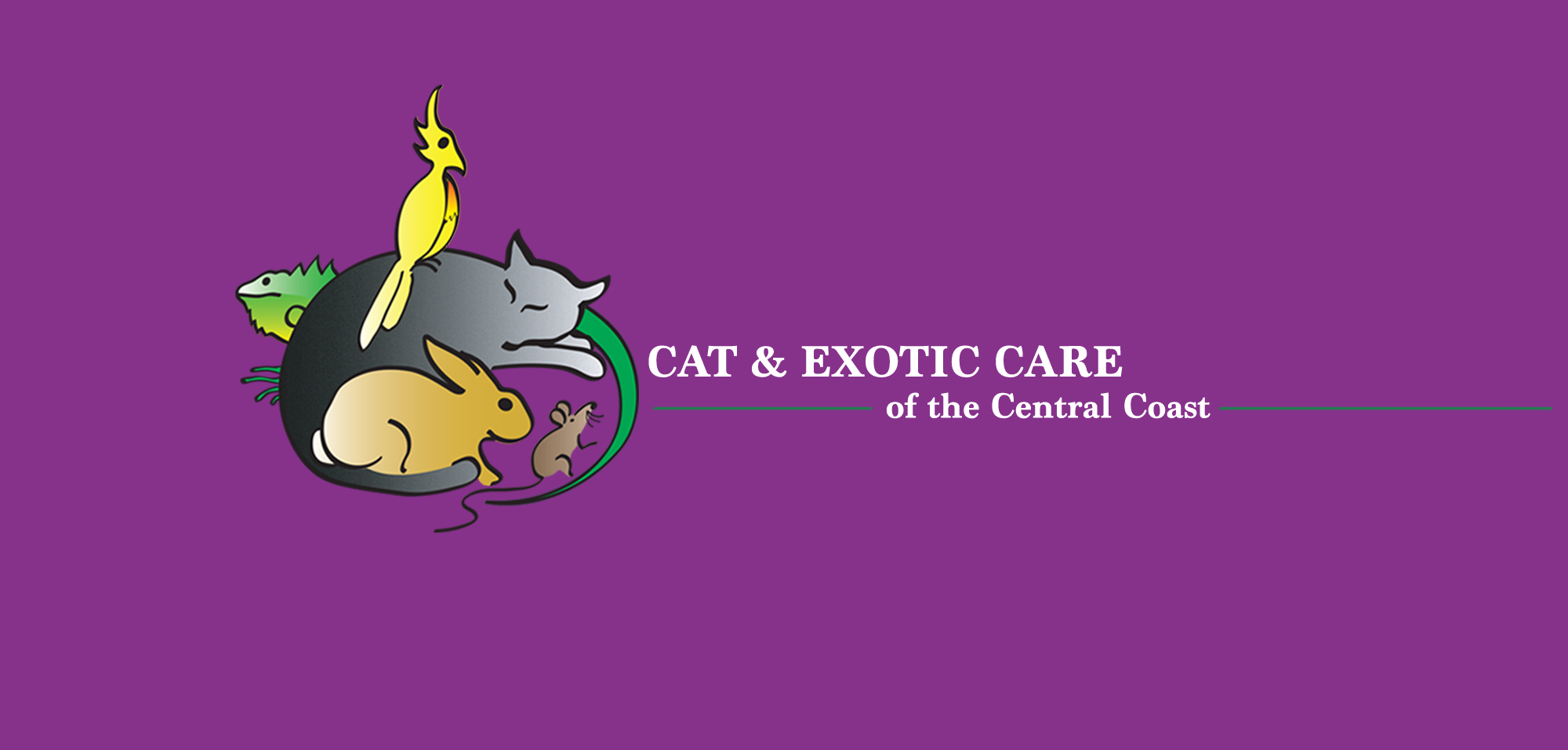QUESTION:
I have 2 kittens, they are about 6 months old. My husband gives them human food (behind my back). Is it ok to do that?
ANSWER:
There are several reasons why this is not ideal. Of immediate concern- the food could cause digestive tract upset. A change from the normal diet, no matter how insignificant it may seem, may cause vomiting or diarrhea in certain sensitive individuals. This risk is greater with some human food items than it is with others. In general, the safest table foods to give to your cat are plain chicken or turkey (skinless, boneless, and without gravy). Remember, your cat is a carnivore (meat- eater), so it cannot properly digest fruits and vegetables. In addition, many older cats are lactose intolerant, so dairy products are never a good idea.
Another reason to avoid giving table foods to your pet is that you may create behavioral problems. By feeding table scraps, you are inadvertently training your pet to beg and possibly avoid eating its regular food. This is especially true if table food is given in response to your pet not eating its regular diet. It does not take long until your pet is running the show and forcing you to go to more and more trouble to find desirable foods. The more you give in to its demands, the more vocal and pushy your cat will likely become. If you must offer a table food do it when your cat is not begging and try not to create a regular pattern. It is best to offer the food in your pet’s normal bowl.
From a nutritional standpoint, the commercially prepared foods tend to be superior to most homemade diets. When too much of a diet designed for another species (human food, dog food, etc.) is used, it may lead to nutrient deficiencies. Over time this can lead to dire health consequences. One extreme example that I saw recently was a cat that had been preferentially eating a commercial dog food. Eventually the owner gave up buying cat food altogether. Years later, as a consequence of a vitamin deficiency, the cat became irreversibly blind.
A final reason not to deviate from a high quality commercial cat food is that it may lead to “finicky-ness”. In fact, even when feeding commercial cat food, it is best to stick with one diet. Unlike people, cats do not need diet variation to remain satisfied. Frequent variation can even lead to food aversions. For similar reasons, I suggest avoiding “gourmet” food options. If you cat is always looking for a new food variety or gourmet option, you may have a problem on your hands should your cat ever need to be put on a prescription diet. If finicky, it may prove difficult or even impossible to convert your cat to a prescription diet that could ultimately improve and extend its life.
If you have a veterinary question that you would like to propose for an upcoming edition, please send it to email@catandexoticcare.com with “ask the vet” in the subject line.
Max Conn, DVM is the owner of Cat & Exotic Care of the CentralCoast, a full service veterinary hospital dedicated to the special needs of cats, birds, reptiles and small mammals. Cat & Exotic Care is located in PismoCoastPlaza, 565 Five Cities Drive, 805-773-0228. More information can be found at www.catandexoticcare.com.
Disclaimer: The informational handouts and website links above are for informational purposes only, they are not intended to replace veterinary care.
